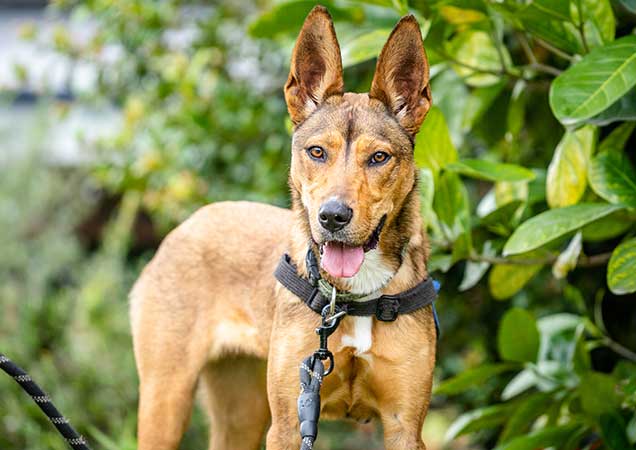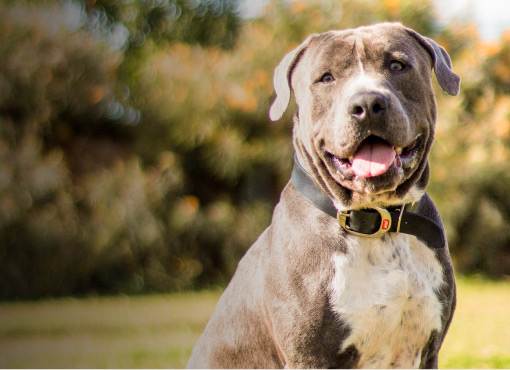There is a strong need for a community-based education program to increase awareness and understanding of responsible ownership, dog behaviour and bite prevention, particularly for children who are susceptible to dog bites as highlighted in the discussion paper Department of Agriculture and Fisheries | Strong dog laws: Safer communities (engagementhub.com.au)
We would also encourage this campaign to focus on the following:
- Any dog, including well behaved dogs, have the potential to bite. Most bites and attacks are avoidable. Increasing awareness for owners and the public on how to recognise and respond to the warning signs is crucial to prevention.
- Increased understanding of dog behaviour.
- The promotion of socialisation and positive reinforcement training for dog owners. Training methods that incorporate punishment can create unwanted fear or aggression in dogs.
- The importance of keeping dogs secure when at home, so they can not stray from your property.
- Never allowing children to interact with dogs without close supervision and a good understanding of dog behaviour.
- For those that notice aggressive behaviour in their dog to seek advice from your vet or dog behaviourist to learn how to correct this behaviour immediately.
- Advice for the public when interacting with dogs in public or when in another person’s home.
- What to be aware of when coming across community dogs that do not have owners.

[1] Morrill, K., Hekman, J., Li, X., McClure, J., Logan, B., Goodman, L., Gao, M., Dong, Y., Alonso, M., Carmichael, E., Snyder-Mackler, N., Alonso, J., Noh, H. J., Johnson, J., Koltookian, M., Lieu, C., Megquier, K., Swofford, R., Turner-Maier, J., … Karlsson, E. K. (2022). Ancestry-inclusive dog genomics challenges popular breed stereotypes. Science, 376(6592), eabk0639.
[2] Ott, S. A., Schalke, E., von Gaertner, A. M., & Hackbarth, H. (2008). Is there a difference? Comparison of golden retrievers and dogs affected by breed-specific legislation regarding aggressive behavior. Journal of Veterinary Behavior, 3(3), 134–140.
[3] Cornelissen, J. M., & Hopster, H. (2010). Dog bites in The Netherlands: A study of victims, injuries, circumstances and aggressors to support evaluation of breed specific legislation. The Veterinary Journal, 186(3), 292–298.
[4] Nilson, F., Damsager, J., Lauritsen, J., & Bonander, C. (2018). The effect of breed-specific dog legislation on hospital treated dog bites in Odense, Denmark—A time series intervention study. PloS One, 13(12), e0208393.
[5] Rosado, B., García-Belenguer, S., León, M., & Palacio, J. (2007). Spanish dangerous animals act: Effect on the epidemiology of dog bites. Journal of Veterinary Behavior, 2(5), 166–174.
[6] Kathleen C. Croy, Julie K. Levy, Kim R. Olson, Michael Crandall, Sylvia J. Tucke 2012-Croy-Maddies-Shelter-Medicine-Confernce-Abstract.pdf (ufl.edu) accessed 13/7/23
[6] Australian Veterinary Association (2012), Dangerous Dogs – A Sensible Solution https://www.ava.com.au/siteassets/advocacy/dangerous-dogs/dangerous-dogs-a-sensible-solution-final.pdf






